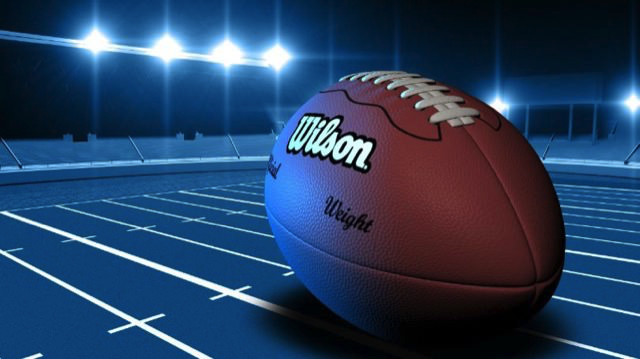Javon Marshall — a former college athlete spearheading a putative class action against several broadcasters for uncompensated use of his likeness — has just seen the Sixth Circuit Appeals Court send him (and everyone “similarly situated”) back home without a parting gift.
Marshall — like many others who believe the mere existence of intellectual property protections entitles them to a paycheck — sued a long list of broadcasters for allegedly violating the Lanham Act and the Tennessee “right of publicity” law by not paying him and other athletes for using his name and “image” in game broadcasts and advertising. Marshall also claimed the NCAA’s waiver student-athletes sign is “vague and unenforceable.” That may very well be, but that claim was never addressed by the plaintiff and the NCAA was never a defendant. It only served as an introduction to a long list of alleged violations [PDF] that the lower court determined to be baseless accusations.
The Appeals Court makes short work [PDF] of Marshall’s attempt to have the lawsuit revived, pointing out in a wonderful opening paragraph just how unrealisitic his claims are. The first sentence alone indicates how far from legal reality Marshall’s class action lawsuit strayed.
To state the plaintiffs’ theory in this case is nearly to refute it.
Going on, the court punches a dramatic hole in Marshall’s flawed logic.
The theory begins with the assertion that college football and basketball players have a property interest in their names and images as they appear in television broadcasts of games in which the players are participants. Thus, the plaintiffs conclude, those broadcasts are illegal unless licensed by every player on each team. Whether referees, assistant coaches, and perhaps even spectators have the same rights as putative licensors is unclear from the plaintiffs’ briefs (and, by all appearances, to the plaintiffs themselves).
Very briefly addressing the plaintiff’s arguments, the court waves them away in two sentences, offering its wholehearted support of the lower court’s decision.
In any event, the plaintiffs seek to assert claims under Tennessee law, the Sherman Act, and the Lanham Act on behalf of a putative class of collegiate players nationwide. The defendants—various college athletic conferences and television networks, among others—responded in the district court with a motion to dismiss, which the court granted in a notably sound and thorough opinion.
The court goes on to call the plantiffs’ claims under Tennessee law “legal fantasy,” pointing out that the state’s “right of publicity” specifically exempts sports broadcasts. The plaintiffs’ common-law claim asserts a right never granted by the state. The Sherman Act antitrust claim fails because if a right doesn’t exist, it can’t be licensed in a noncompetitive fashion. The court saves its best comment for Marshall’s trademark claim.
That leaves the plaintiffs’ claim under the Lanham Act, whose relevant provision bars the unauthorized use of a person’s name or likeness in commerce when doing so “is likely to cause confusion” as to whether the person endorses a product. 15 U.S.C. § 1125(a)(1)(A). The theory here is that if, say, ESPN shows a banner for “Tostitos” at the bottom of the screen during a football game, then consumers might become confused as to whether all the players on the screen endorse Tostitos. Suffice it to say that ordinary consumers have more sense than the theory itself does.
This futile lawsuit was perhaps encouraged by the relative success of a similar lawsuit against Electronic Arts for using the “likenesses” of players in its sports videogames. However, there’s a crucial difference that factored into the Ninth Circuit Appeals Court’s decision on behalf of the players: California’s oft-abused “right of publicity” law which doesn’t contain the same exemptions as Tennessee’s. And in that case, there’s still hope of a rehearing which might tilt the court towards finding California’s law must defer to the First Amendment, rather than the other way around.
Source: www.techdirt.com





Be the first to comment on "Appeals Court Tosses Lawsuit Against Broadcasters for Violating Publicity Rights During Football Game Broadcasts"